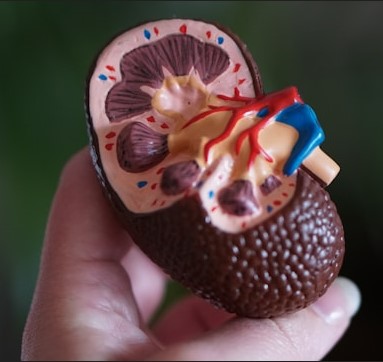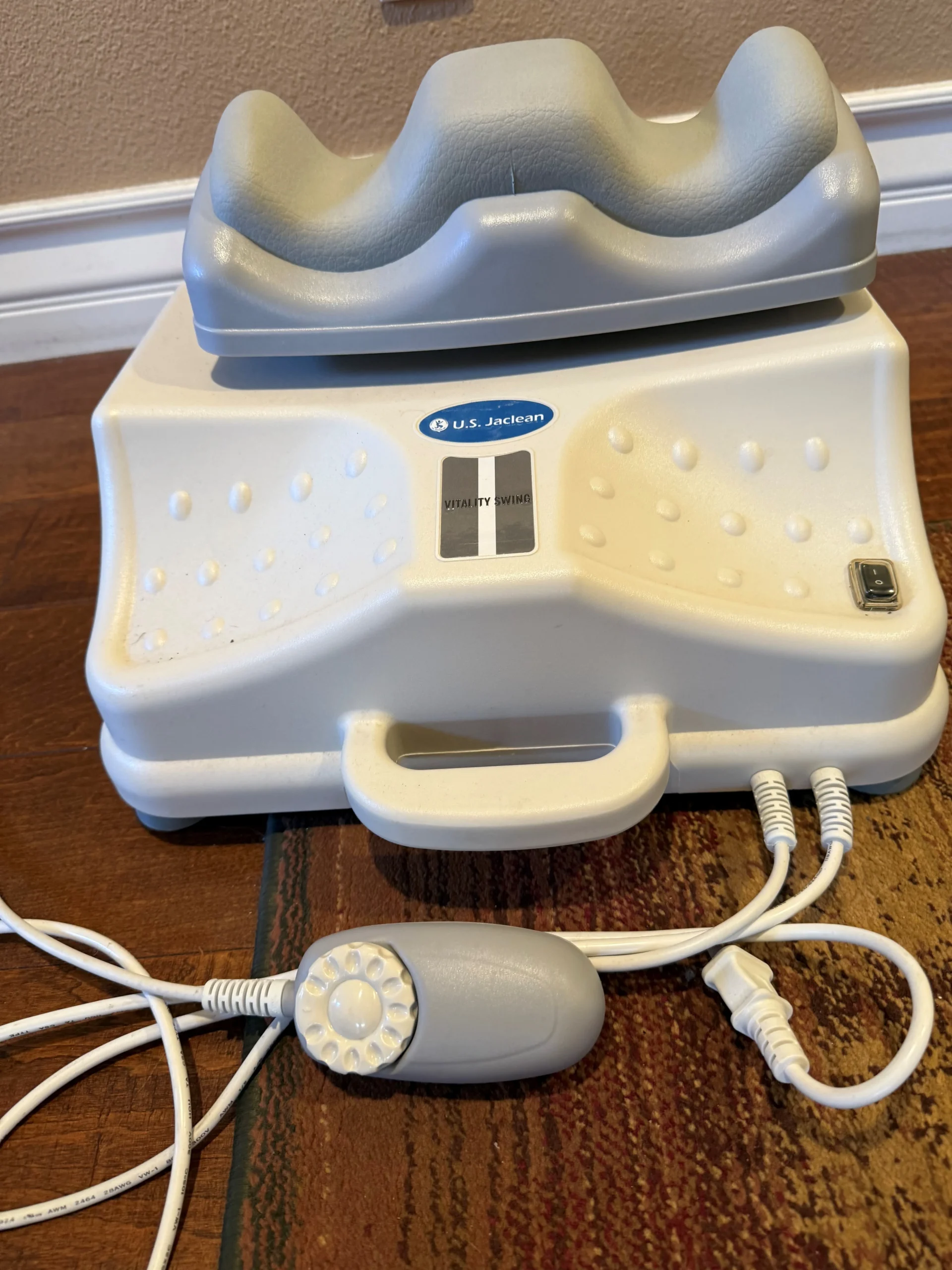How healthy do you think you are? Studies show that people who rate their health positively are a step ahead of those who think they are unwell, even when results were adjusted for actual medical conditions.
This factor is called “self-rated health,” (or SRH) .
“During this pandemic, when we see the statistics and the death count and the fear building, we MUST balance that with what we can do to support our health and well-being!!” – Dr Karen Wolfe
In a Swiss study (See reference below) of 8200 people, people who rated their health as “good” were 7–22% more likely to die over a 30-year period than those who called their health “excellent.” People who said their health was “fair” were 40% more likely to die than the “excellent.” People who thought their health was “poor” or “very poor” were up to 180% more likely to die. Even after 30 years of follow-up and after adjustment for all covariates, the association between SRH and all-cause mortality remained strong
Here is their statement of results
“SRH is a strong and “dose-dependent” predictor of mortality. The association was largely independent from covariates and remained significant after decades. This suggests that SRH provides relevant and sustained health information beyond classical risk factors or medical history and reflects salutogenetic rather than pathogenetic pathways.
Okay that is a lot of words… but here is is the bottom line…………..
Let’s Focus on Supporting Health and Well-Being

Salutogenesis is a medical approach focusing on factors that support human health and well-being, rather than on factors that cause disease (pathogenesis). More specifically, the “salutogenic model” is concerned with the relationship between health, stress, and coping.
How To Improve Your Self Rated Health?
If SRH is so healthy, how can you raise your SRH?
Perhaps the key is to live as if you were healthy. Do the things healthy people do, even if you can’t do as much of them.
- Good social connections
- move your body
- eat in a healthy way without obsessing over every bite
- relax
- manage and reduce stress
- do things that make you happy
- sleep well
- reduce sugar
All these are covered in my FREE eBook HERE on 12 Lifestyle Tips to Support A Healthy Immune System (some might surprise you)
If you haven’t read my blogs on ways we can stay healthy during this pandemic, please check them out HERE. I have so much to share about balancing the conversation with messages of health.
Please note- this is for educational purposes only and does not constitute medical advice or recommendation of any kind, and you should not rely on any information contained in such posts to replace consultations with your qualified health care professionals to meet your individual needs.






























